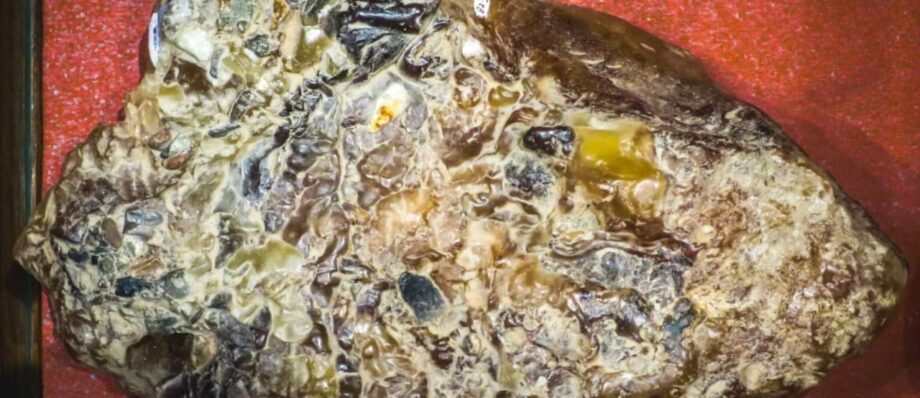Massive Ambergris Seizure in Goa Uncovers Illegal Trade Networks
In a significant crackdown on wildlife smuggling, Sanguem police in Goa seized 5.7 kilograms of ambergris, valued at approximately ₹10 crore, on June 6, 2025. The operation, conducted near Dabamal, led to the arrest of three individuals, including two local residents, highlighting the persistent challenge of illegal trade in marine derivatives. Recent reports indicate that the bust is part of a broader effort to curb the trafficking of this rare substance, often referred to as “whale vomit,” which is highly prized in the global perfume industry.
Ambergris, a waxy substance produced in the digestive systems of sperm whales, is a coveted ingredient in luxury perfumes due to its unique ability to enhance and prolong scents. Despite its high value, its trade is heavily restricted in India under the Wildlife Protection Act, 1972, as sperm whales are protected marine mammals. The seized substance was reportedly intended for illegal sale, with the suspects lacking any authorization. Authorities also confiscated two vehicles used in the operation, underscoring the organized nature of the smuggling attempt.
The arrests followed a tip-off that prompted Sanguem police to set up a trap at Dabamal, a relatively remote area in South Goa. According to official statements, the suspects planned to trade the ambergris for substantial financial gain, exploiting its demand in international markets. South Goa Superintendent of Police Tikam Singh Verma noted that the police have obtained critical leads, with investigations ongoing to uncover potential links to larger smuggling networks. Experts suggest that such cases often involve cross-state or even international operatives, given the high stakes and complex supply chains.
This seizure is not an isolated incident. In February 2024, Konkan Railway police intercepted 6 kilograms of ambergris worth ₹5.6 crore at Margao railway station, arresting two individuals from Kerala. Authorities are now exploring connections between these cases, as well as a 2020 incident in Sawantwadi where three Goans were apprehended for similar activities. These recurring seizures point to a persistent issue of illegal wildlife trade in the region, with Goa serving as a transit hub due to its coastal location and connectivity.
The legal implications for the accused are severe. Charged under multiple sections of the Wildlife Protection Act, including Sections 39, 44, 49B, and 51, the suspects face significant penalties for possessing and attempting to trade a protected substance. Environmentalists have emphasized the ecological harm caused by such activities, as the demand for ambergris indirectly threatens sperm whale populations, already vulnerable due to historical whaling and environmental pressures. Conservationists argue that stricter enforcement and public awareness are essential to deter such crimes.
The perfume industry’s reliance on ambergris has long fueled its black-market trade, despite the availability of synthetic alternatives. While some countries permit regulated trade, India’s stringent laws aim to protect marine biodiversity. However, the high profitability of ambergris—often fetching thousands of dollars per kilogram—continues to lure smugglers. Recent posts on X reflect public fascination with the case, with some users marveling at the substance’s value, while others call for stronger measures to combat wildlife trafficking.
This bust underscores the need for enhanced vigilance and coordination among law enforcement agencies. Experts recommend leveraging technology, such as satellite tracking and intelligence-sharing, to disrupt smuggling routes. Additionally, raising awareness about the environmental impact of ambergris trade could reduce demand and discourage illegal activities. As investigations deepen, the Sanguem case may reveal further insights into the shadowy networks profiting from wildlife smuggling.
For Goa, a state known for its tourism and biodiversity, such incidents highlight the importance of safeguarding its natural heritage. The seizure of ₹10 crore worth of ambergris is a stark reminder of the challenges in balancing economic pressures with conservation goals. As authorities continue their probe, the hope is that this operation will deter future violations and strengthen efforts to protect India’s marine ecosystems.


